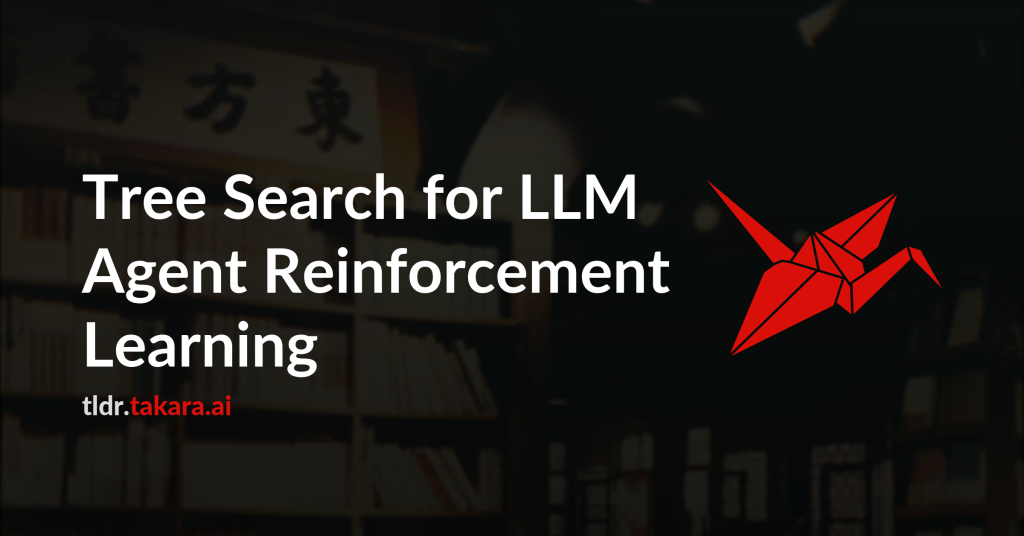Recent advances in reinforcement learning (RL) have significantly enhanced
the agentic capabilities of large language models (LLMs). In long-term and
multi-turn agent tasks, existing approaches driven solely by outcome rewards
often suffer from the problem of sparse supervision. To address the challenge,
we propose Tree-based Group Relative Policy Optimization (Tree-GRPO), a grouped
agent RL method based on tree search, where each tree node represents the
complete agent interaction step. By sharing common prefixes, the tree search
sampling increases the number of rollouts achievable within a fixed budget of
tokens or tool calls. Moreover, we find that the tree-structured trajectory
naturally allows the construction of step-wise process supervised signals even
using only the outcome reward. Based on this, Tree-GRPO estimates the grouped
relative advantages both on intra-tree and inter-tree levels. Through
theoretical analysis, we demonstrate that the objective of intra-tree level
group relative policy optimization is equivalent to that of step-level direct
preference learning. Experiments across 11 datasets and 3 types of QA tasks
demonstrate the superiority of the proposed tree-based RL over the chain-based
RL method.

